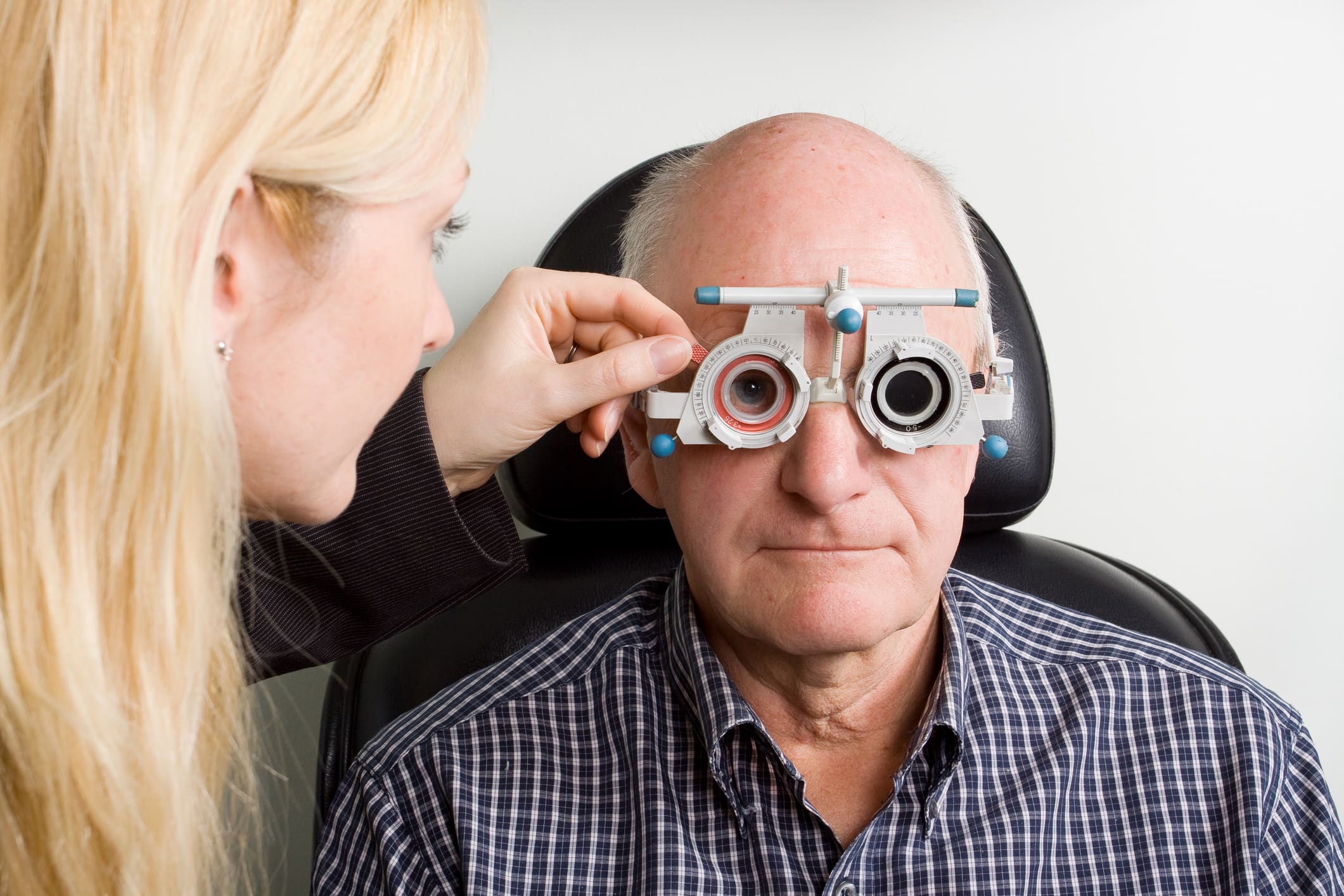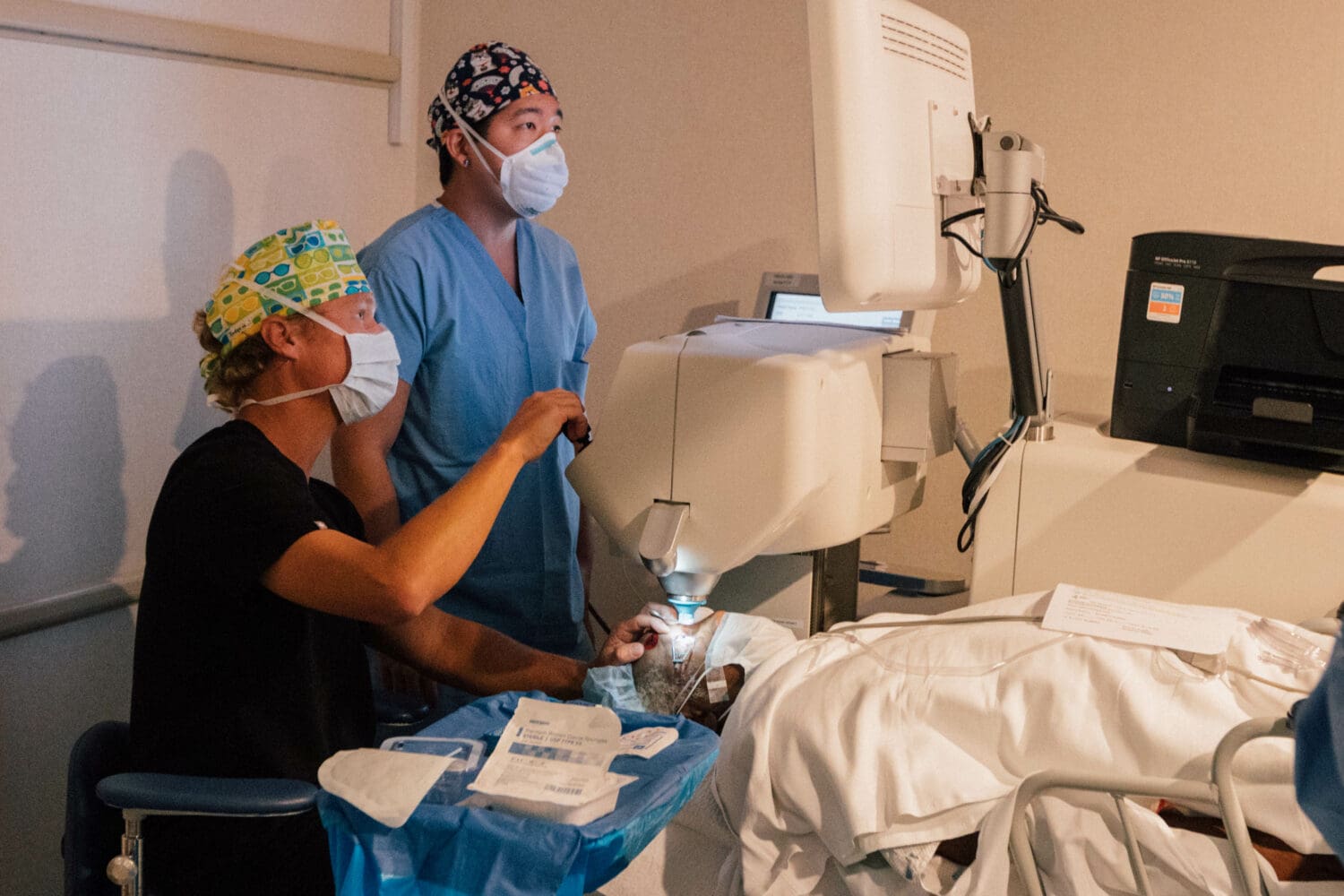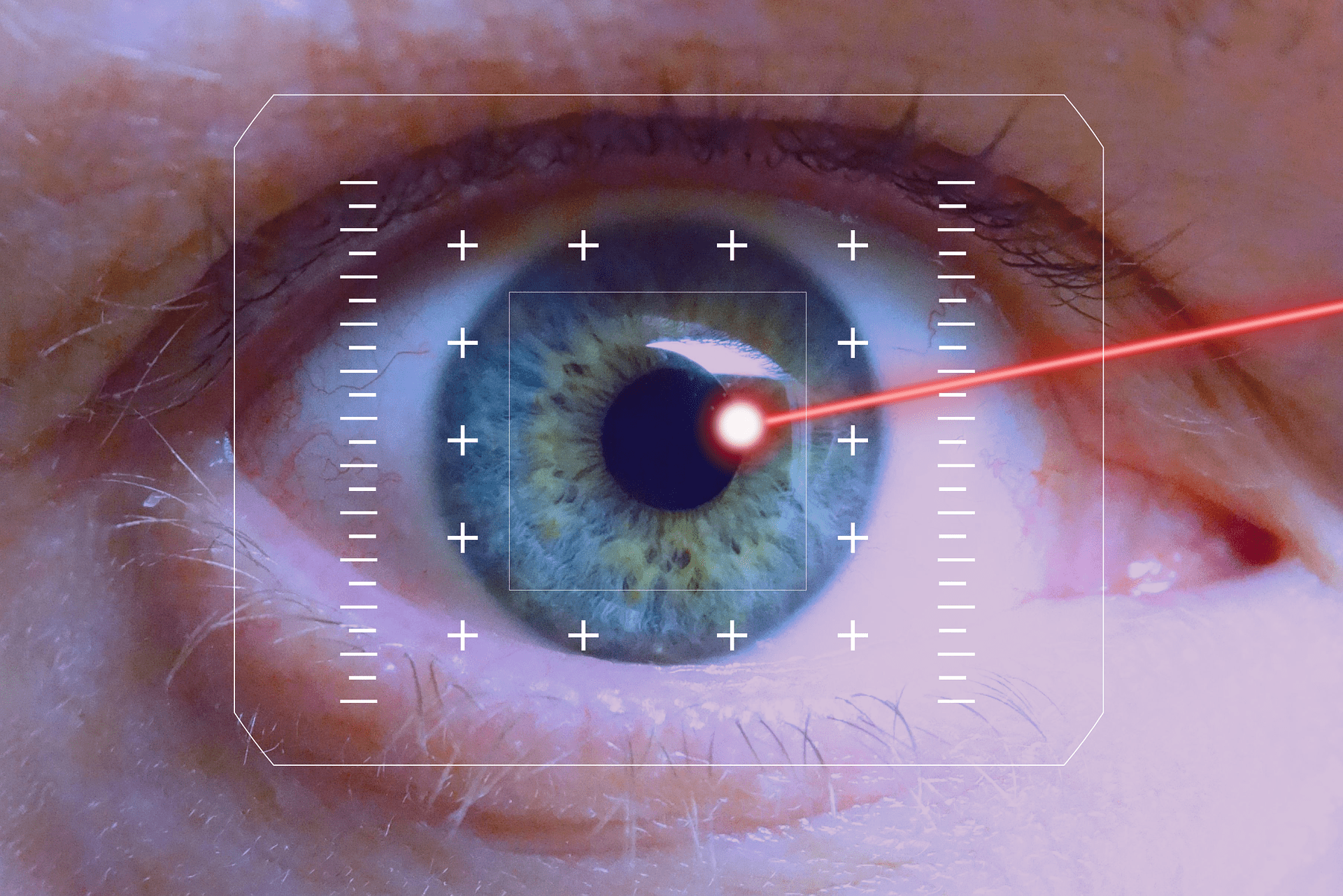LASIK eye surgery has transformed the lives of millions by offering a long-term solution to…

Understanding Glaucoma: Symptoms, Risks, and Prevention Strategies
Glaucoma stands as a silent threat to vision, often progressing unnoticed until irreversible damage occurs. Awareness and early detection are crucial in combating this condition.
Recognizing the Signs: Symptoms of Glaucoma
The subtlety of glaucoma lies in its initial stages, where symptoms may be absent or easily overlooked. As the condition advances, individuals may experience peripheral vision loss, tunnel vision, blurred vision, severe eye pain, headaches, and even nausea. Understanding and recognizing these signs are imperative, prompting individuals to seek professional care promptly. Symptoms of glaucoma can vary depending on the type of glaucoma an individual has. For example, in open-angle glaucoma, which is the most common form of glaucoma, individuals may not experience any visual disturbances until significant damage has already occurred. On the other hand, angle-closure glaucoma can cause sudden and severe symptoms such as eye pain, headache, nausea, and even vision loss.
Assessing Risks and Seeking Early Intervention
Certain risk factors increase susceptibility to glaucoma, including age, family history, high intraocular pressure, and specific medical conditions. Regular eye examinations, especially for those at higher risk, serve as a proactive step in early diagnosis. By collaborating with trusted eye care professionals, individuals can undergo comprehensive evaluations and screenings, enabling timely intervention and potential prevention of vision loss. Along with routine eye exams, maintaining a healthy lifestyle, including proper nutrition and exercise, can also play a role in managing risk factors for glaucoma. Early intervention is crucial in mitigating the potential impact of glaucoma on vision. Treatment options may include medication, laser therapy, or surgery, depending on the severity and type of glaucoma present.
Prevention Strategies and the Role of Eye Care Professionals
Prevention forms a crucial aspect of managing glaucoma. Emphasizing a healthy lifestyle, including regular exercise, a balanced diet, and avoiding smoking, aids in reducing overall risk. Routine eye check-ups, conducted by qualified eye care specialists, ensure early detection and tailored treatment plans if glaucoma is identified. These professionals play a pivotal role in guiding individuals toward optimal eye health and offering appropriate interventions to mitigate the impact of glaucoma. Educating individuals about the risk factors associated with glaucoma and encouraging them to seek regular eye exams can significantly reduce the incidence of this disease. This is especially important for those who are at a higher risk for developing glaucoma such as those over 60 years old, with a family history of glaucoma, or of African descent.
Glaucoma, though insidious, is not invincible. By prioritizing regular eye check-ups and seeking the expertise of trusted eye care specialists, one takes proactive steps toward preserving their eyesight.
Don’t leave your vision to chance, schedule an appointment with our team of dedicated eye care professionals today. Take control of your eye health by partnering with us and ensuring regular check-ups for early detection and effective management of glaucoma.



